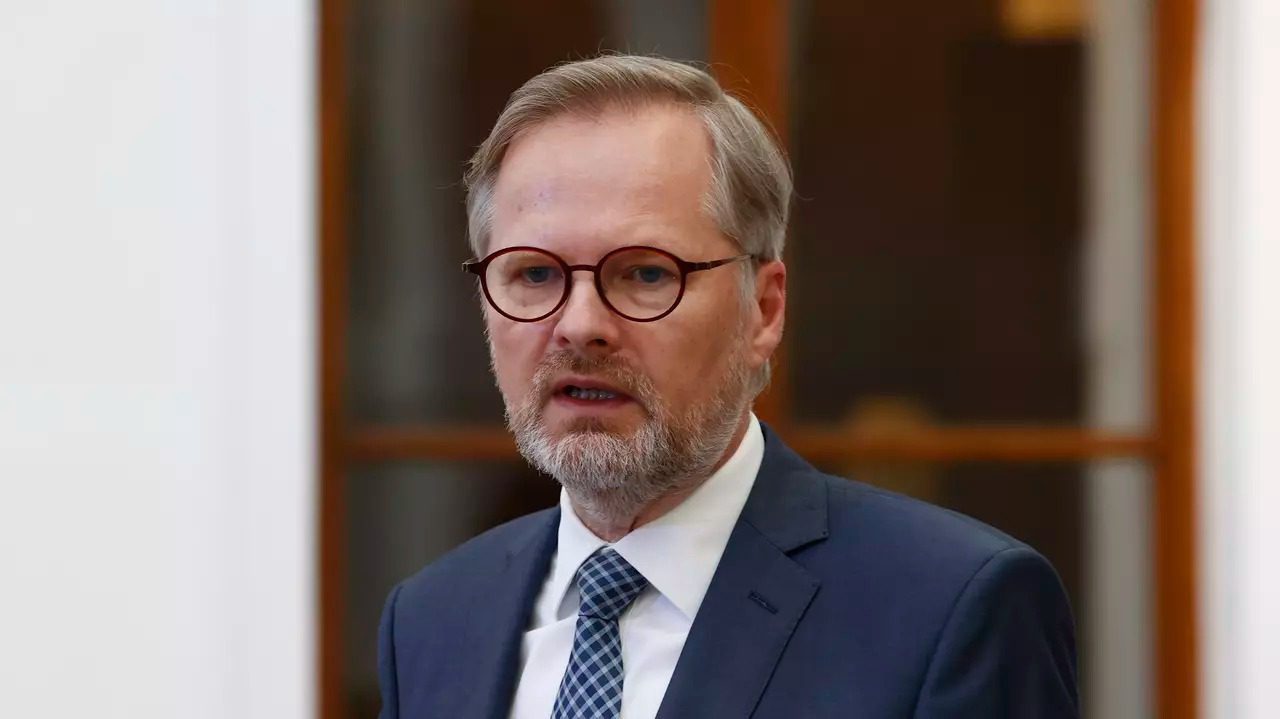Czech Prime Minister Petr Fiala’s recent announcement that inflation in June was “good news” with a rate of 9.7% has been met with criticism from economists. According to an analysis by investment platform Portu, Czech inflation was the ninth highest among 41 European countries in June, a four-place drop from the previous month.
Fiala attributed the decline to the government’s efforts to curb inflation through three primary methods: reducing energy prices, pressuring supply chains to lower prices, and implementing government savings to improve public budgets.
However, economists argue that the main factor behind the decline in inflation was the significantly lower wholesale energy prices and the high comparative base from last year. Lukáš Kovanda, the chief economist at Trinity Bank, said that international influences such as the dramatic decrease in stock prices of gas and electricity in the EU and the decline in oil prices were the primary reasons for the decrease in inflation. Additionally, statistical factors contributed to the decline, mainly the effect of higher year-on-year comparison bases.
Furthermore, economists believe that the government’s actions had a minimal impact on inflation. Petr Dufek, the chief economist at Bank Creditas, stated that inflation decreased only because of the comparative base, not because of lower prices of goods and services. He believes there is room for more significant inflation reductions created by a strong crown, declining costs of international transport, and cheaper raw materials and energy. He said that despite the Czech Republic having the most subdued demand of all EU countries, this price decrease is not yet visible in stores.
In addition, economist Vít Hradil from Cyrrus argued that the pressure on supply chains and efforts to improve public budgets did not have a proven impact on inflation reduction. He stated there was no evidence that the pressure on supply chains had any tangible effect. He also said that increased media coverage of the price trend in these segments, which the government contributed through its rhetoric, may have increased customer assertiveness, leading to slower price growth.
Inflation remains twice the EU average and still has room for improvement. Despite the drop in inflation, Czech economists believe that the government’s efforts had little impact on inflation, mainly due to external factors.





